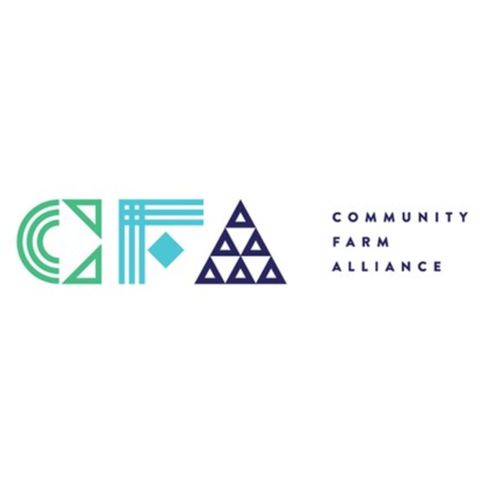Over the last few years there has been a huge buzz about the potential for the revival of industrial hemp, which is one of Kentucky’s oldest crops. According to the Kentucky Department of Agriculture, industrial hemp is a variety of Cannabis sativa and is of the same plant species as marijuana. However, hemp is genetically different from marijuana and distinguished by its use and chemical makeup. Industrial hemp refers to cannabis varieties that are primarily grown as an agricultural crop for fiber, food, seed, and medicine. Hemp plants are low in THC, which is marijuana's primary psychoactive chemical. Hemp growth in Kentucky dates back to the late 1700s. According to the Kentucky Department of Agriculture, Kentucky was the leading hemp-producing state in the mid-19th century, producing up to 40,000 tons in 1850. Hemp, along with flax and wool, were all used as the primary sources for textile production. With the criminalization of marijuana in the 1930s; hemp production was also made illegal. It was not until the 2014 farm bill that hemp could be legally produced with a license under a research pilot program in Kentucky. However, farmers and processors face unique hurdles in hemp production due to the strict regulations of the crop. Industrial hemp plants, including stalks, flowers, and seeds remain a controlled substance under state and federal law. This means that no person can grow, handle, or process industrial hemp in the state without a license from the Kentucky Department of Agriculture. For more on laws and regulations around industrial hemp growth, see the Kentucky Department of Agriculture’s website. Despite the regulations, the 2014 farm bill paved the way for farmers to produce hemp for fiber and textiles, medication in the form of Cannabidoil (CBD), grain, and food products such as hemp hearts, and much more. In this episode of the Woven Roots Fiber Podcast, we hear about two innovative Kentucky hemp projects. First, App Fellow Sam Hamlin interviews Preston Jones, Assistant Director of Pine Mountain Settlement School in Harlan County. Preston shares about the first year of hemp production at the Settlement School and on how hemp can help farmers of Eastern Kentucky diversify their production to create high-quality value-added products for niche markets. Next Sam Hamlin travels to Lexington to talk with Kristofer Nonn, Director of Design and Construction at the North Limestone Community Development Corporation. The North Limestone CDC initiated a project to build Kentucky’s first-ever hemp house, with walls made of Kentucky-grown hempcrete. Kristofer shares information about how the project came about, what hemp has to do with affordable housing construction, and his dreams and possibilities for the Kentucky hemp sector, overall. Learn more about your ad choices. Visit megaphone.fm/adchoices
show less

